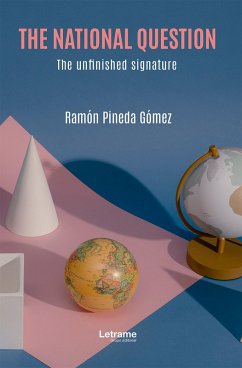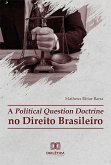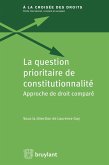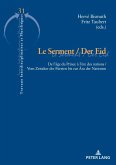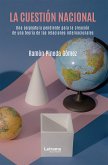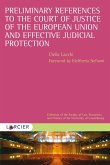Before the rise of republics, relations between communities were religious and military power based on the rights of the gods and spiritual warfare. The Sublime Powers Granted to the Elect of the Deities With the appearance of the Republics and the Free Man, International Relations as we know them today began: the interaction between the National States with equal culture or legal society, independence, and sovereignty. The right to war disappears; no Republic establishes the law of war to destroy another nation, The world of nations originated and consolidated in the American continent during the seventeenth and eighteenth centuries. For the other continents, the process began in Europe's First World War and extended to Asia and Africa during the Second World War and the Cold War. But even today, religious empires defend themselves by creating wars within republics and supported by monarchies and spiritual states. Freedom of worship is established in the Republics to end servitude; no more servants of religion who persecute, condemn, and subjugate peoples in the name of the gods. Faith ceases to be an obligation and becomes an option. In the Republic, you can be an atheist during work hours, a worshipper of Venus at lunch, a priest of Bacchus and Morpheus at night, and a worshipper of Huitzilopochtli during a sporting event, and no civil authority can judge you for changing religion or, prioritizing science over mythologies. In contrast to natural rights, republics establish citizen and social rights with Constitutions. Nature does not grant any rights. The creation of the Free Man in the American continent gave good results that inspired European intelligence to create great cosmogonies such as Marxism and liberalism. But religious empires remain a factor of control and domination; they have no legal personality, do not pay taxes, have their own rules, and demand tribute from their faithful.
Dieser Download kann aus rechtlichen Gründen nur mit Rechnungsadresse in A, B, BG, CY, CZ, D, DK, EW, E, FIN, F, GR, H, IRL, I, LT, L, LR, M, NL, PL, P, R, S, SLO, SK ausgeliefert werden.

